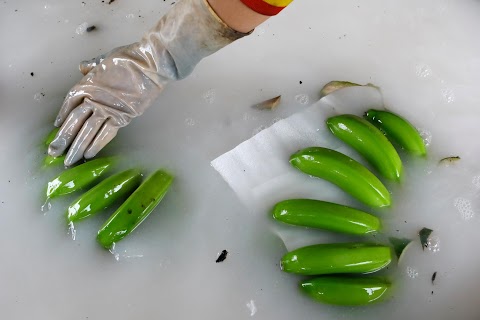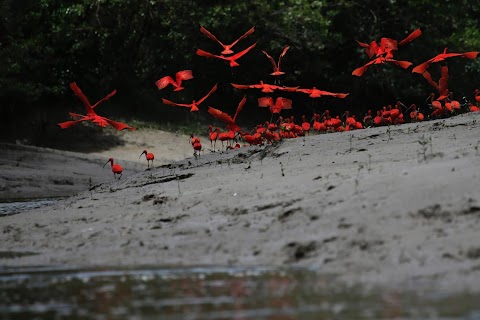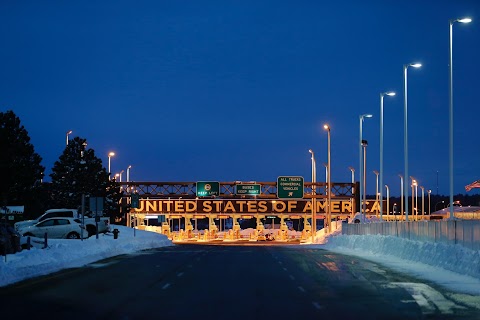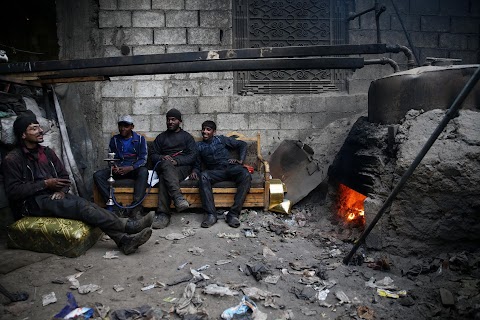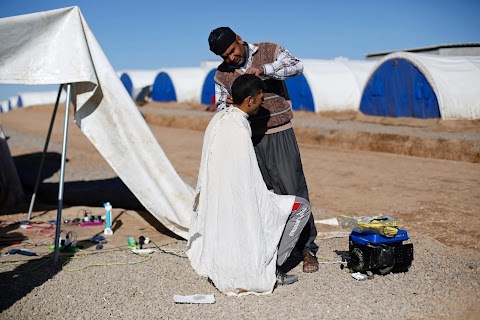Lao people say Chinese banana investors began streaming across the border around 2010, driven by land shortages at home. Many headed to Bokeo, the country's smallest and least populous province.
In the ensuing years, banana trees began to cover Bokeo's mountains, boosting Lao exports of the fruit ten-fold to become the country's largest export earner. Nearly all of the fruit is sent to China.
For ethnic Lao like Kongkaew, Chinese planters paid them more for the land than they could earn from farming it.
For impoverished, hill-dwelling minorities such as the Hmong or Khmu, the banana rush meant better wages, as it offered them stable jobs as pesticide sprayers, banana pickers and packers.
At harvest time, they can earn the equivalent of at least $10 a day and sometimes double that, a princely sum in a country where the average annual income was $1,740 in 2015, according to the World Bank.
